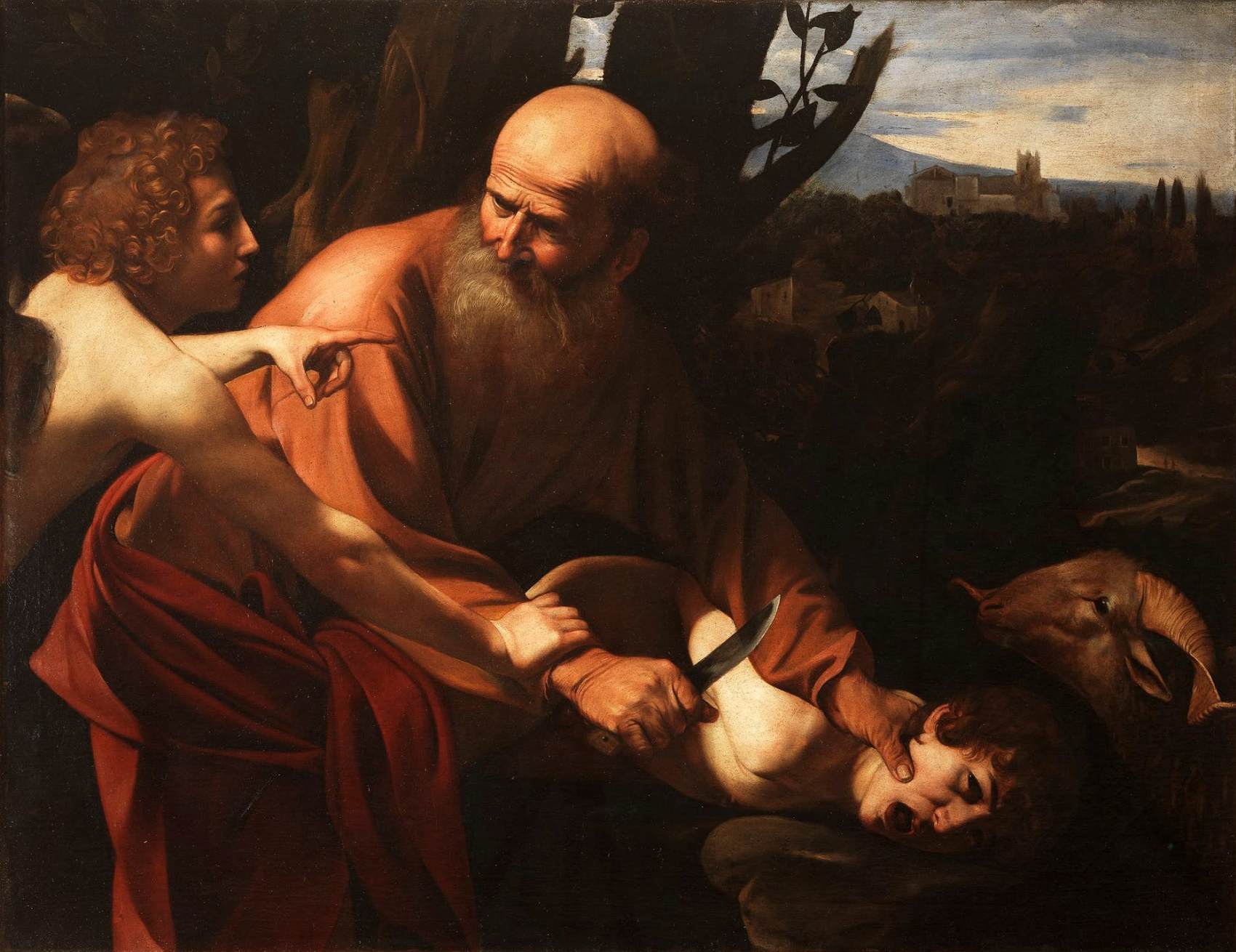Description
The painting "The Sacrifice of Isaac" by Caravaggio is a masterpiece of Italian Baroque art dating from 1603. This work is a dramatic representation of a biblical episode in which Abraham is about to sacrifice his son Isaac on Mount Moriah .
Caravaggio's artistic style is characterized by his chiaroscuro technique, which creates dramatic and realistic lighting in the scene. In this work, the artist uses light to highlight the figure of Abraham, who is in the center of the composition, while the rest of the characters are wrapped in shadows.
The composition of the painting is very interesting, since Caravaggio uses a very close perspective so that the viewer feels part of the scene. The figure of Isaac, who is lying on the ground, seems to be about to jump towards the viewer, creating a sense of tension and drama.
The color used in the painting is very sober, with dark and earthy tones that reflect the seriousness of the subject. However, Caravaggio uses a touch of bright red on Isaac's tunic to highlight his vulnerability and youth.
The history of the painting is also very interesting, as it was commissioned by Cardinal Francesco Maria del Monte, a patron of the arts who supported Caravaggio in his early years in Rome. The work was exhibited in the Contarelli Chapel, where it caused a great impact on viewers and consolidated the artist's reputation as one of the most important of his time.
One of the lesser known aspects of this work is that Caravaggio used real models to represent the characters. The model for Isaac is believed to have been a young Sicilian named Mario Minniti, who became one of the artist's closest associates.
In summary, "The Sacrifice of Isaac" is a fascinating work that combines the masterful technique of Caravaggio with a dramatic and realistic representation of a biblical theme. Its composition, lighting and color are key elements that make this painting one of the most important in Italian Baroque art.

